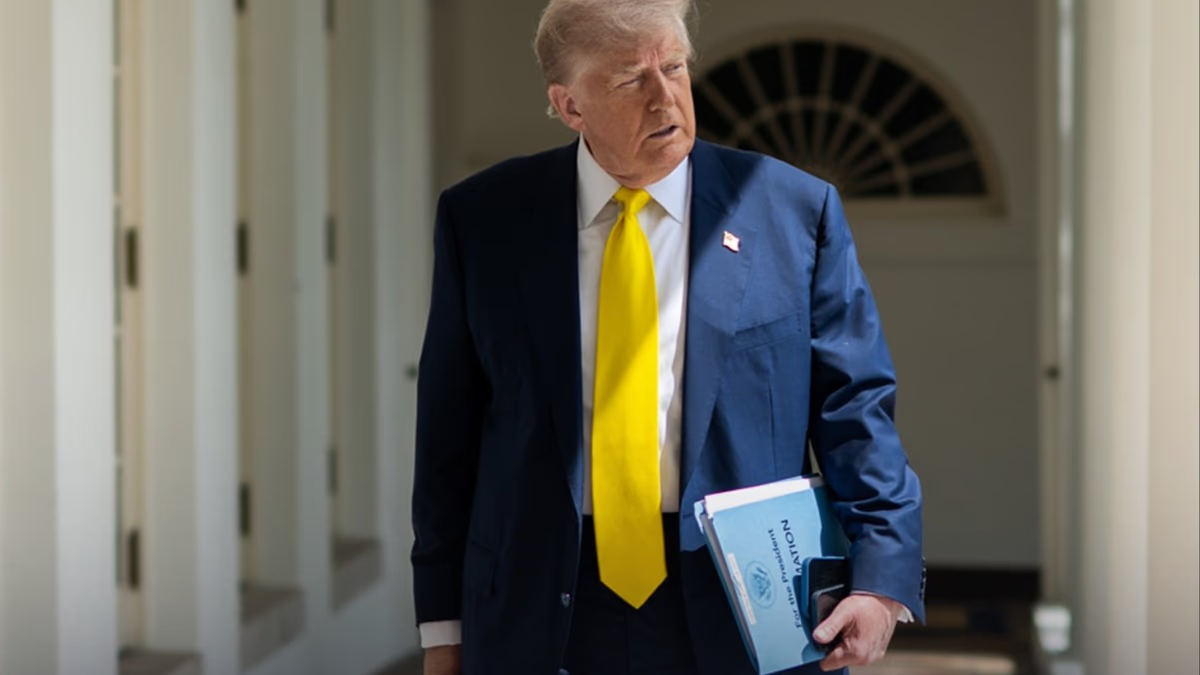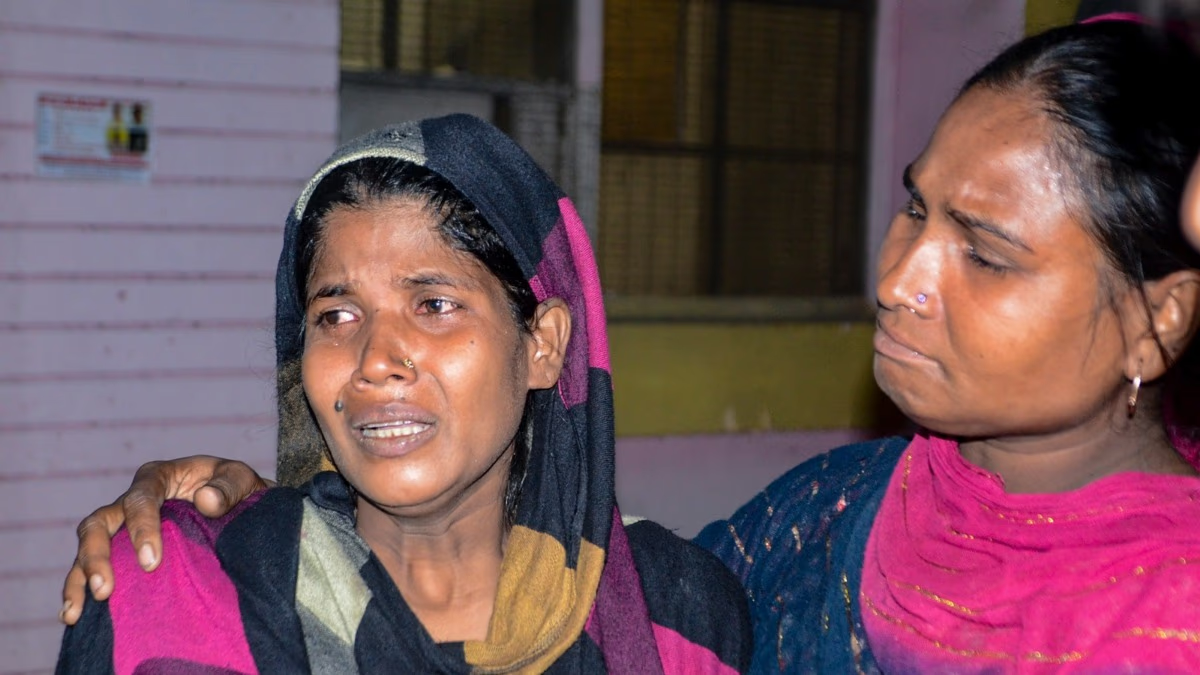This year brings a challenging scenario for Bihar's migrant workers. The state's most important festival, Chhath, concludes just a week before the assembly elections. Bihar's first phase of voting is scheduled for 6th November and the second for 11th November, meaning that workers have to manage their journey to participate in both Chhath and elections at one go.
The Significance of Chhath Puja
Chhath Puja isn't just about devotion to Chhathi Maiya; it's an essential festival that calls Biharis across the globe to retune home. This year's four-day-long Chhath Puja falls between 25th and 28th October. However, the election dates are forcing Bihar’s migrant workers into a precarious situation.
Significantly, the first phase of voting for Bihar Assembly elections will occur on 6th November (121 seats), with the second phase following on 11th November.
The Plight of Migrant Workers
India Today Digital spoke with migrant workers who expressed that the 8-day gap between Chhath and elections serves as a considerable challenge. Bihar ranks as the second-highest state, after Uttar Pradesh, for out-migration in India. The Labour Ministry estimates nearly three crore workers are toiling in major cities away from their homes in Bihar.
Political parties had hoped the elections would follow Chhath to increase voter participation, but the Chief Election Commissioner Gyanesh Kumar noted that the earliest feasible ballot date was 6th November.
Challenges Faced by Migrants
Raju from Darbhanga, who works as a daily wage laborer in Delhi, mentioned his anticipation for the election dates. Until now, voting is slated for two phases on 6th and again on 11th November. This puts him in a difficult position—should he celebrate Chhath or cast his vote? It’s become a genuine conundrum.
Consider Darbhanga, where voting is on 6th November and Chhath Puja spans from 25th to 28th October. Raju and his family, who never miss Chhath, are now pondering how they will manage two weeks between home and work.
Not Just Laborers, But White-Collar Employees Affected Too
For blue-collar workers reliant on daily wages, spending 8-10 days back home means a tough time without work. However, white-collar employees also face challenges post-election schedule announcement. Take 29-year-old Ravindra Vaibhav, working in an IT firm in Gurugram and originally from Madhepura. Not finding a reservation in a train, he plans to drive home. He can only stay through Chhath, as securing 8-10 days off for voting seems impossible.
He adds that he will attempt to convince his superiors to allow work from home until the first round of voting. If not permitted, he may return without casting his vote.
The Confluence of Chhath and Elections
Chhath is Bihar’s paramount festival celebrated six days post-Diwali. The election schedule has presented migrant workers with a serious choice. Many are trying to balance work, family commitments, and their voting aspirations. With Chhath and voting dates converging, they are puzzled about prioritizing where to be.




